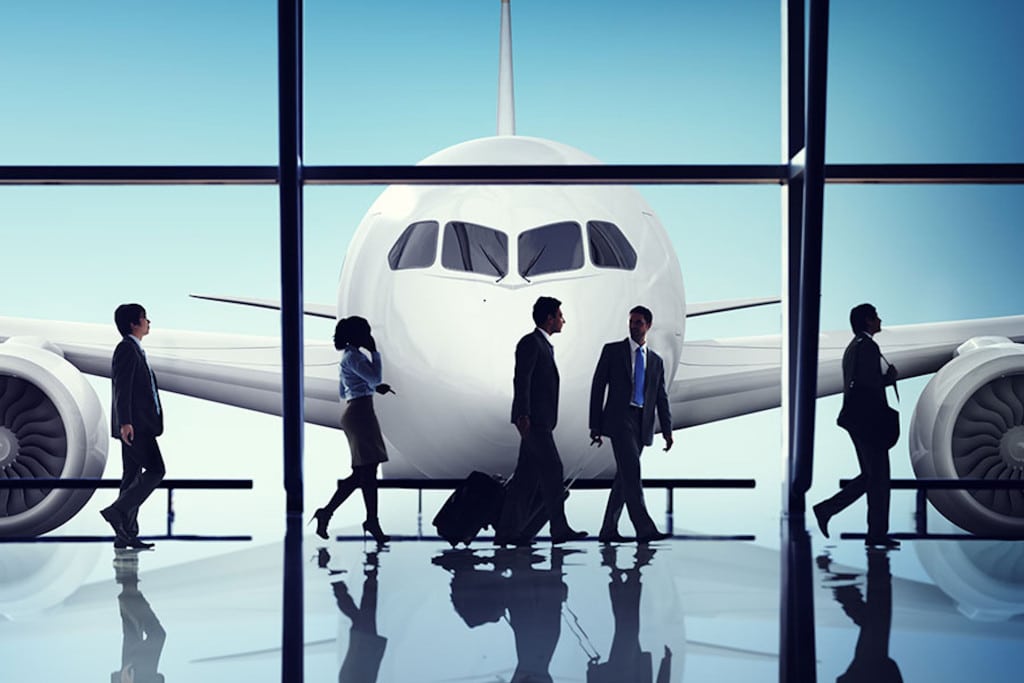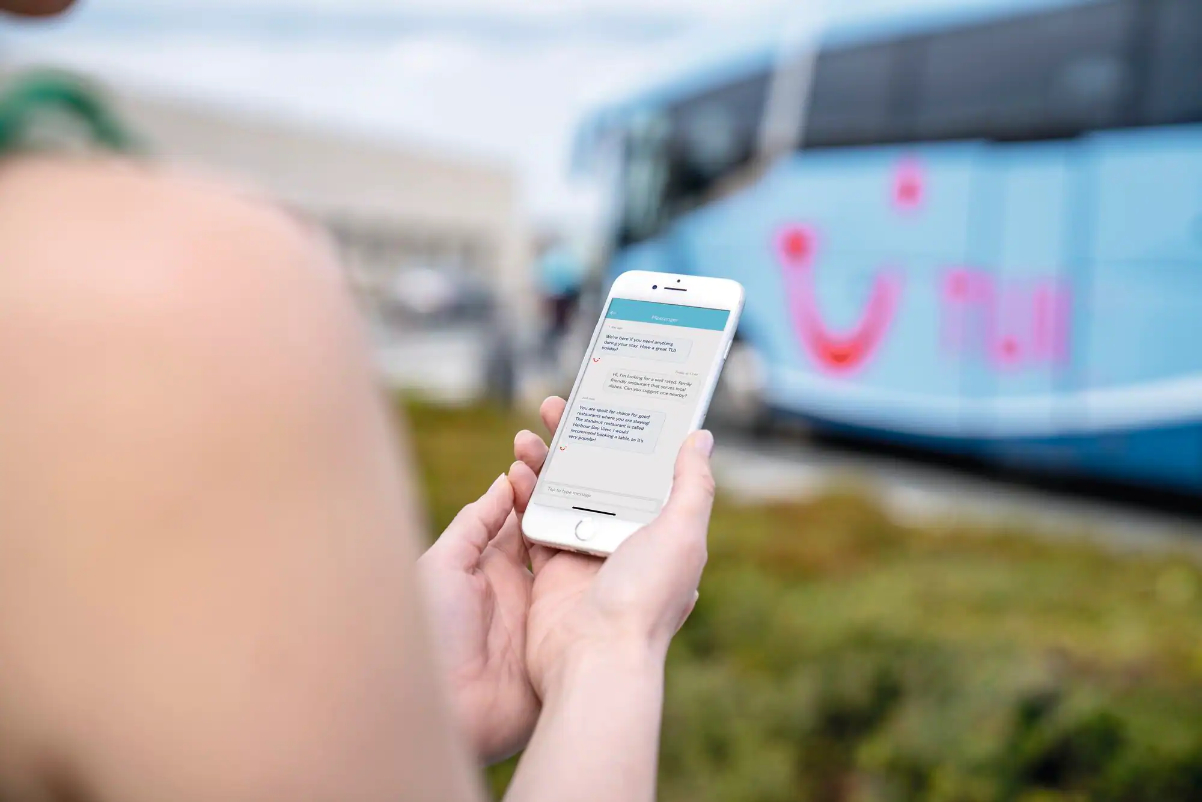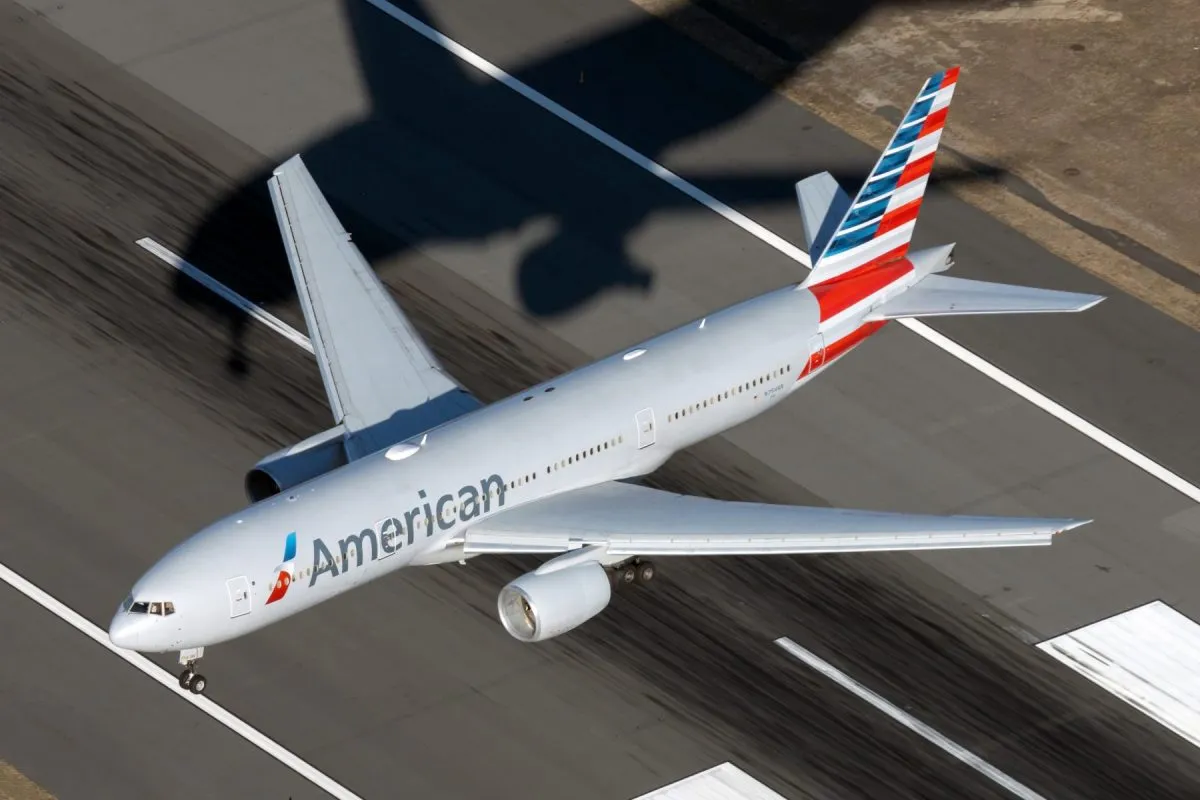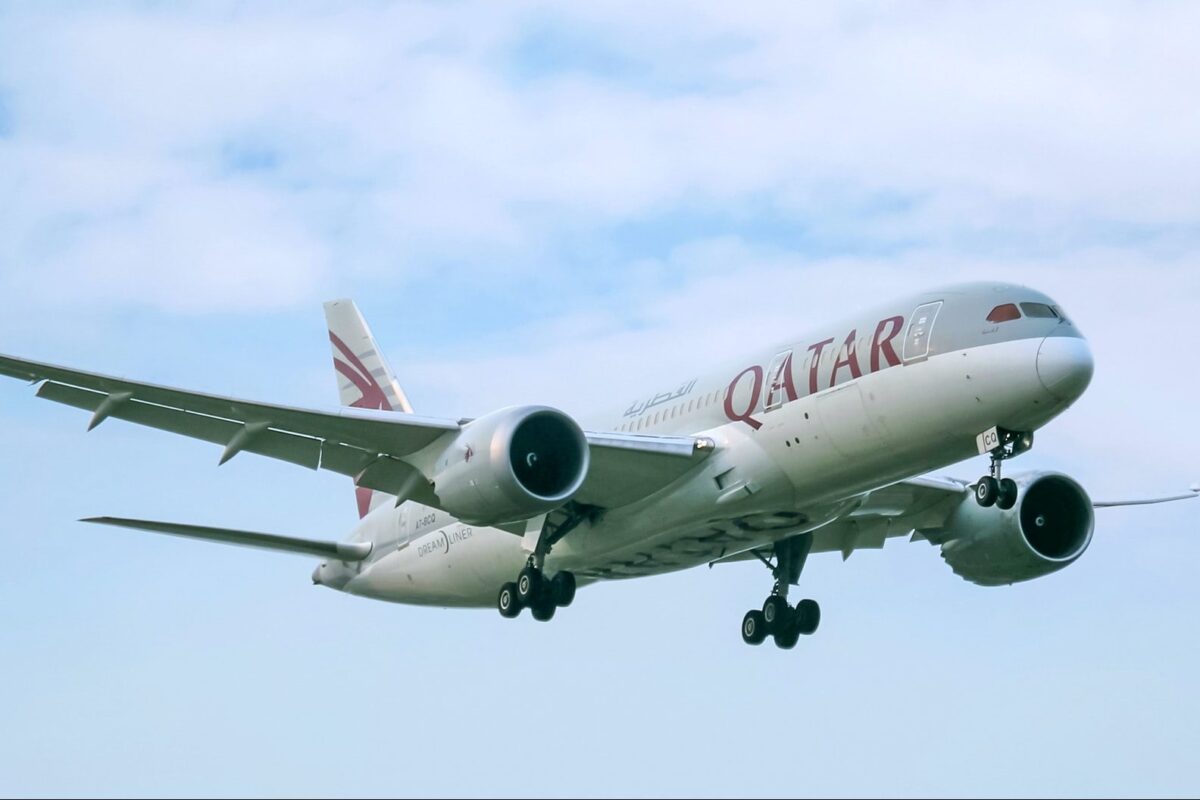Will Automation Be the Key to Disrupting the Travel Industry?

The era of automation is upon us and we’re seeing evidence of its impact every day. From self-driving cars to buttons that deliver home goods with a single tap, and even a revival of automats for dining. But when it comes to travel, there’s a huge void separating where we are from where we want to be. While some components of the travel experience have become more automated over time, much of the process is still very antiquated and a growing source of frustration for travelers.
Take travel booking, for example: at one time, travelers’ only options for booking air travel and hotels was to purchase over the phone, through a travel agent or, for air travel, at the ticketing desk in the airport. While those are still options today (believe it or not), most arrangements are now made online. However, making arrangements for complicated itineraries – multiple legs, large groups with varying schedules, etc. – is time-consuming and inefficient, not to mention some of the potential mishaps that can occur.
Will automation be the secret weapon that modernizes the travel industry? We certainly think so! Some of the pain points automation aims to solve are:
- Missed connections:
As a general rule of thumb, you should always leave an hour buffer in between connections to avoid missing flights. However, with airlines on-time ratings at an all-time low, delays are inevitable and today’s travel booking services currently have no mechanism to alert travelers when connection windows are tight or have disappeared completely, and other arrangements must be made. Instead, more advanced automated booking services would quickly alert travelers to this problem, proactively offering different flight options or alternative arrangements to avoid potential delays. .
- Incongruous scheduling:
Whether for business or leisure, most travelers want the convenience of arriving within the same timeframe as their colleagues or companions coming from other cities. Sounds relatively simple, but today, there is no existing technology that allows multi-party, multi-origin bookings. Automation, in theory, would solve this conundrum, ensuring everyone’s arrival times align.
- Lost time and money:
Building individual itineraries is time consuming and can take up to 2-3 hours for multiple travelers, and if there’s one thing today’s travelers and road warriors value and expect, it’s respect for their time. More sophisticated travel automation technology is emerging that will allow even the most complex arrangements to be built within minutes. Just like popular software applications that remember customer preferences and make recommendations based on that historical knowledge, automated travel systems with customizable profiles will quickly provide tailored itinerary suggestions based on your preferences.
With so many services shifting toward automation now available and easier to use, the travel industry is ripe for an automation shakeup. Perhaps one day soon, we’ll be able to make one-tap travel arrangements from our self-driving cars. Until then, stay tuned to HelloGbye for more updates.
This content is created collaboratively in partnership with our sponsor HelloGbye, who are a sponsor at the Skift Global Forum. To find out more about them, visit their booth (#7).





